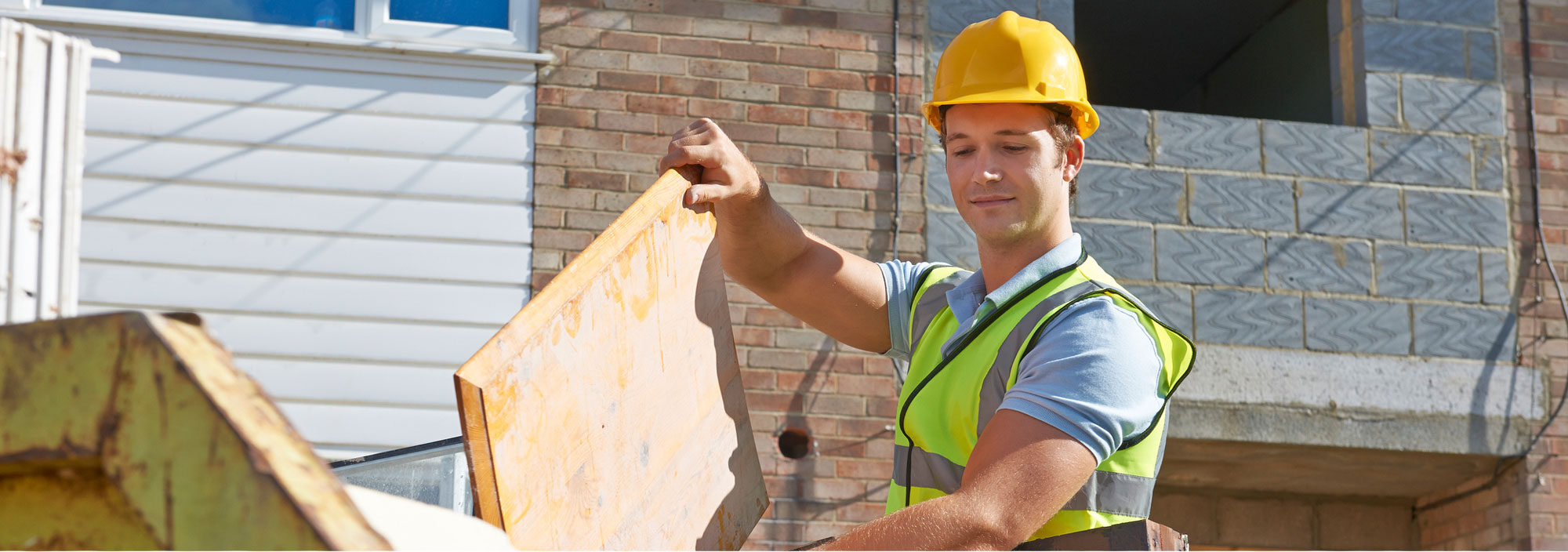Navigating Flood and Fire-Damaged Junk Removal with Dr. Waste: Environmentally Responsible Solutions

Natural disasters and unforeseen accidents can result in considerable property damage, leaving countless belongings destroyed in their wake. Flood and fire-damaged junk present unique challenges when it comes to responsible waste management and disposal, requiring expert assistance to navigate the complexities and uphold your commitment to environmental sustainability. Dr. Waste is dedicated to providing environmentally friendly waste disposal and junk removal solutions, including comprehensive services for flood and fire-damaged items.
Dr. Waste understands the importance of proper waste management and recycling in response to flood and fire damage, allowing homeowners to clear their properties while minimizing environmental impact and maintaining eco-friendly practices. In this detailed resource, we will offer insights into the benefits of partnering with Dr. Waste for flood and fire-damaged junk removal services, prioritizing environmental sustainability and helping you restore your property with peace of mind.
1. The Unique Challenges Presented by Flood and Fire-Damaged Junk Removal
Flood and fire-damaged junk removal presents distinct challenges compared to regular junk removal due to factors like structural damage, hazardous materials, and emotional distress. Some of the primary concerns surrounding flood and fire-damaged junk removal include:
– Health risks: Flood and fire-damaged items may harbour bacteria, mould, and hazardous residue which can pose potential health risks if not handled properly.
– Structural concerns: Fire-damaged structures often have weakened or compromised supports, requiring caution when removing debris. Similarly, waterlogged materials can become excessively heavy and cumbersome, raising safety concerns during removal.
– Environmental impact: The disposal of flood and fire-damaged items may carry environmental implications due to the presence of potentially hazardous materials, making responsible waste management a priority.
– Emotional toll: Recovering from a flood or fire event is often emotionally taxing, which can compound the stress of dealing with debris and damaged belongings.
2. Environmental Considerations and Sustainable Practices for Flood and Fire-Damaged Waste Disposal
To minimize the environmental impact of flood and fire-damaged junk removal, consider the following sustainable waste disposal practices:
– Safe handling: Take precautions when handling damaged items, wearing protective gear and employing caution to prevent personal injury and environmental harm.
– Segregation: Separate debris according to type, such as metal, wood, plastics, and hazardous materials, ensuring proper disposal and facilitating recycling efforts.
– Hazardous waste management: Adhere to local regulations for disposing of hazardous materials like chemicals, asbestos, and lead, which may be present in flood and fire-damaged debris.
– Recycling and repurposing: Whenever possible, recycle or repurpose materials to prevent unnecessary waste and reduce the burden on landfills and natural resources.
3. The Importance of Responsible Waste Management and Recycling for Disaster Recovery
Implementing responsible waste management and recycling practices during disaster recovery efforts is crucial in supporting environmental sustainability and fostering community resilience. Key reasons to prioritize eco-friendly waste management include:
– Reducing landfill pressure: Diverting waste from landfills through recycling and repurposing helps conserve space and reduces the environmental impact of waste disposal.
– Resource conservation: By recycling materials from damaged items, fewer resources are required for the production of new goods, contributing to overall resource conservation.
– Minimizing environmental pollution: Responsible disposal of hazardous materials prevents contamination of soil, water, and air, promoting environmental health and wellbeing.
– Setting an example: Adopting eco-friendly waste disposal practices within your community after a disaster can inspire others to follow suit and contribute to a more sustainable future.
4. Dr. Waste’s Eco-Friendly Solutions for Flood and Fire-Damaged Junk Removal
Entrusting Dr. Waste with your flood and fire-damaged junk removal provides several benefits that promote environmentally responsible waste disposal and recycling, such as:
– Expertise and experience: Dr. Waste’s team possesses the necessary knowledge and skills to manage flood and fire-damaged junk safely and efficiently, adhering to sustainable waste management practices.
– Eco-friendly commitment: Dr. Waste is dedicated to environmental sustainability, ensuring that waste disposal and recycling are conducted with minimal harm to the environment.
– Comprehensive service: Dr. Waste’s professionals can manage the entire cleanup process, from sorting materials to safe disposal, allowing you to focus on other aspects of recovery.
– Peace of mind: With Dr. Waste’s eco-friendly solutions, you can have confidence that your disaster recovery efforts are aligned with environmental responsibility and sustainable living.
5. Tips for Preventing Hazardous Waste Contamination During the Cleanup Process
To protect the environment and your health during flood and fire-damaged junk removal, observe the following tips:
– Wear appropriate personal protective equipment (PPE): Utilize gloves, masks, and goggles to minimize exposure to harmful substances.
– Isolate hazardous materials: Keep hazardous materials, such as chemicals and asbestos, separate from other debris to prevent cross-contamination and ensure appropriate disposal.
– Seek professional assistance: For potentially dangerous situations or materials you are unsure of, enlist the help of experts like Dr. Waste to ensure proper handling and disposal.
– Ventilate affected areas: Promote airflow during the cleanup process to disperse fumes and mould spores, improving air quality and reducing health risks.
6. Fostering Resilience and Sustainability in the Face of Flood and Fire Disasters
While flood and fire events can pose significant obstacles, they also present opportunities to learn, grow, and contribute to a more sustainable and resilient future. Consider these strategies to foster resilience in the face of natural disasters:
– Preparedness: Develop emergency plans for flood and fire events, including evacuation procedures, communication strategies, and supplies management.
– Education and awareness: Share knowledge about preparedness, eco-friendly waste disposal, and disaster recovery within your community, helping build resilience and sustainable practices.
– Advocacy: Support local and national policies promoting environmental sustainability and measures that mitigate the impact of flood and fire events.
– Embracing sustainability: Implement sustainable living practices in daily life, from mindful consumption to reduced resource usage, contributing to a more resilient and eco-friendly environment.
Choose Dr. Waste for a Greener Approach to Flood and Fire-Damaged Junk Removal
Dr. Waste’s eco-friendly flood and fire-damaged junk removal services provide the peace of mind you need during the challenging process of disaster recovery. With their commitment to environmental stewardship and sustainable waste disposal practices, you can be confident that your cleanup efforts are contributing to a greener and healthier future. Restore your property confidently and responsibly with the support of Dr. Waste’s environmentally conscious solutions.

